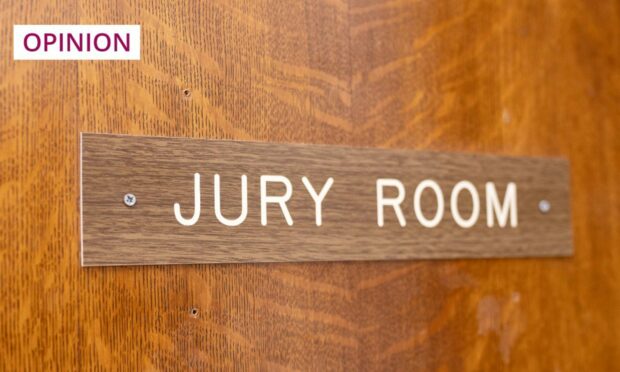“Where were you when Donald Trump was arrested?”
In the end, it didn’t become one of those moment-in-time landmarks, perfect for icebreakers at dinner parties in the faraway future.
After being indicted by a grand jury on 34 felony counts of falsifying business records, the surrendering 45th president of the United States was quietly detained and arraigned in New York last week. There were no handcuffs. Hillary Clinton did not scream: “Lock him up!” from the pavement.
Some people, wiser and less catty than me, have pointed out that this is actually a good thing: we shouldn’t turn The Donald into a martyr by making a song and dance of his arrest. For others, though, a privileged man who has lived much of his life without consequence has, once again, had serious exceptions made for him. It will be 2024 before a trial goes ahead, if it does.
Funnily enough, I remember clearly where I was when Trump won the US presidential election; I was actually in court myself. Not for falsifying business records. But I wasn’t there in a work capacity as a reporter, either. I was on a jury.

I can’t and won’t go into any details of the case I served on, nor tell you anything that was said while we deliberated. But, if you’re wondering, the whole experience was a bit like a TV show – just perhaps a little more like Big Brother than Law & Order.
There are always 15 people on a Scottish jury. We weren’t there to chat, but strict instructions not to discuss the case during downtime meant some small talk was inevitable. When lunch rolled around, we ate overdone baked potatoes together in a windowless room, all sat round one big table, and desperately searched for common ground.
After a few days, this surreal eating arrangement started to feel somewhere between the dinner hall at school camp and a bizarre family reunion with a dozen distant but well-meaning aunts, uncles and grandparents. I was significantly younger than almost everyone else.
Not everyone wants to be on a jury
As of 2016, the chance of receiving a citation asking you to report for jury service in Scotland was 95%, but the likelihood of actually being selected to sit on a jury was only 30%. And that’s in your whole adult lifetime.
When I got my letter, I felt strongly that I wanted to do my civic duty, if I was chosen. Plus, I was curious to see how a court worked in real life – who would turn down that chance?
But, of course, lots of people do turn it down and ask to be officially excused, for lots of reasons. Some employers would rather not deal with the hassle of letting their staff sit on a jury so – though they can’t legally forbid it – they strongly advise against it. Some parents would struggle to arrange childcare. Some people have got a holiday booked that week. And some others simply don’t want to give up their time to sit in court.
In Scotland, you can be excused from jury service if you’re 71 or older and decide you don’t want to do it, but there’s no set upper age limit
To their credit, my fellow jurors showed up. And I do believe that they cared about justice and wanted to do the honourable thing, like I did. But, at the time, something didn’t quite sit right with me about the average age of our group.
In the years since, I’ve wondered how many of them were there because they were senior enough at work to make that call without pushback, or because their kids had grown up and childcare was no longer an issue. And – perhaps more cruelly – I strongly suspect that one or two came along purely because they didn’t have much else going on.
In Scotland, you can be excused from jury service if you’re 71 or older and decide you don’t want to do it, but there’s no set upper age limit. Though age can bring wisdom, if I was the one having my day in court, being judged by a jury of my peers, I’d quite like it to include some of my actual peers.
Scotland’s juries should reflect its residents
So, as daft as it sounds, maybe effort is needed around making jury duty more enticing and accessible for people of all ages and backgrounds. Scotland is an increasingly diverse country, and our juries should reflect that.
Spending time in court isn’t exactly pleasant (hats off to my colleagues who do it every day, hearing about and witnessing some of the worst of human behaviour imaginable) but it’s often important, interesting and eye-opening.
BREAKING: This is the first photo of Donald Trump under arrest pic.twitter.com/Wh3e51ffnq
— New York Magazine (@NYMag) April 4, 2023
After the trial ended, I left with a greater understanding of our legal system: its feats and its failings.
Walking home, I phoned my editor to say I’d be back at work the next day. We talked about Donald Trump’s win, both astonished by the news. If only we’d known then what America and the wider world was in for. It had, at least, given the jury a lunchtime topic of conversation, I said.
Alex Watson is Head of Comment for The Press & Journal and advises packing a book for jury service

Conversation